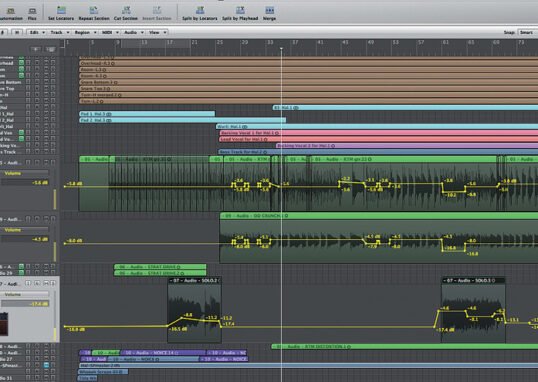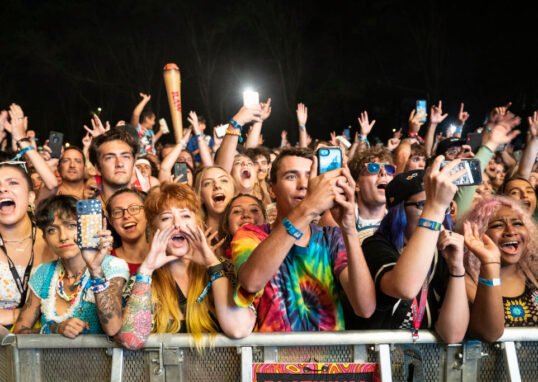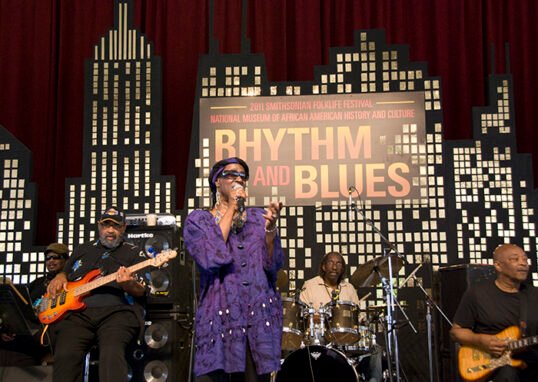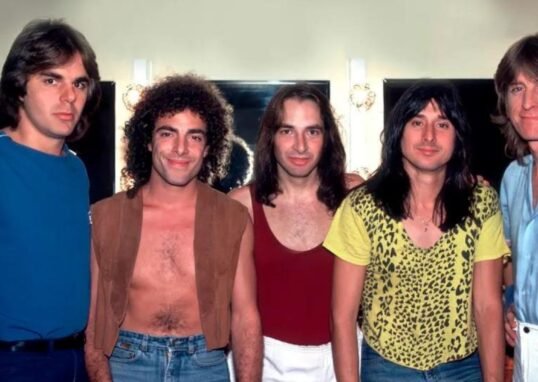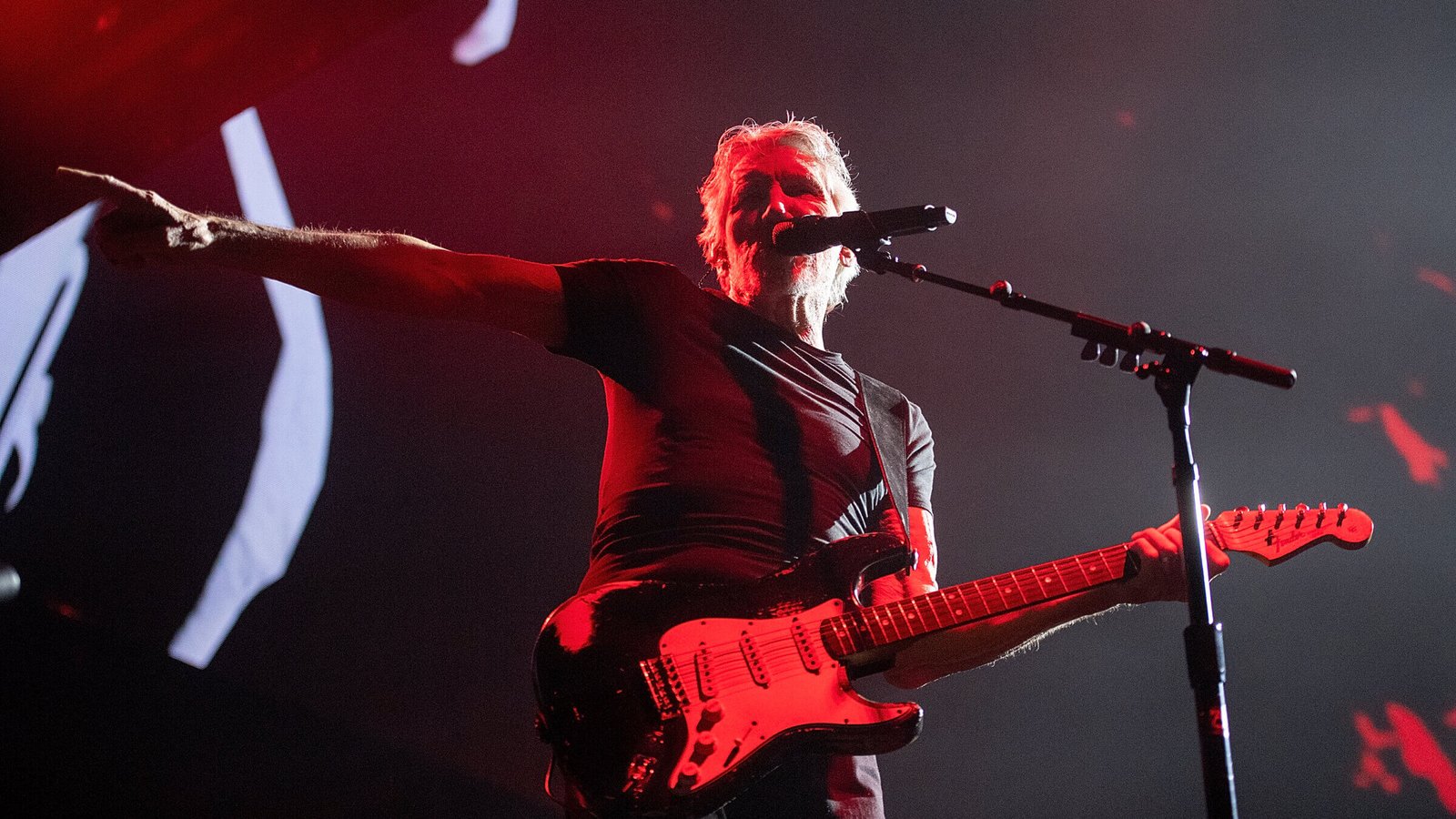
Rock music has long been intertwined with political and social movements, serving both as a form of protest and a means of expression. From its early days to the present, rock music has reflected and influenced political climates, challenging the status quo and giving voice to dissent. This blog post explores the dynamic relationship between rock music and politics, highlighting key moments and figures that have shaped this connection.
The 1960s: Protest and Change
The 1960s marked a period of profound social and political upheaval, and rock music was at the forefront of this transformation. Bands like The Beatles and The Rolling Stones became symbols of the counterculture movement, challenging traditional norms and embracing themes of peace and love. However, it was the politically charged music of artists like Bob Dylan and Joan Baez that truly captured the spirit of the era.
Bob Dylan’s “The Times They Are a-Changin’” became an anthem for the civil rights movement and anti-war protests, encapsulating the desire for social change. His lyrics spoke to the disillusionment of a generation grappling with issues such as racial inequality and the Vietnam War. Joan Baez, with her powerful voice and commitment to activism, used her music to advocate for peace and justice, participating in protests and rallies.
The 1970s: Political Statements and Social Commentary
As the 1970s progressed, rock music continued to serve as a platform for political expression. The rise of punk rock brought a raw, rebellious edge to political commentary. Bands like The Clash and The Sex Pistols used their music to critique the political establishment and address social issues.
The Clash’s song “London Calling” is a prime example of how punk rock addressed political concerns, with its lyrics reflecting the anxieties of a society facing economic uncertainty and political turmoil. Similarly, The Sex Pistols’ “God Save the Queen” was a scathing critique of the British monarchy and the establishment, embodying the punk ethos of rebellion and anti-authoritarianism.
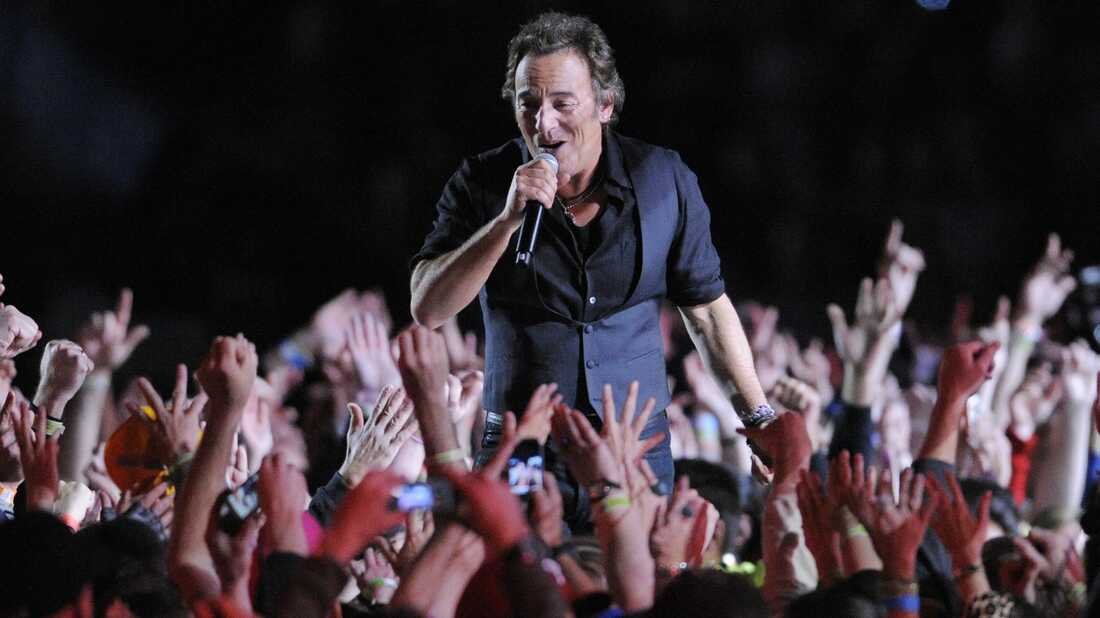
The 1980s: Rock and Political Activism
The 1980s saw rock music intersecting with politics in new ways, with artists using their platforms to address a range of issues from human rights to environmental concerns. Live Aid, organized by Bob Geldof and Midge Ure, was a landmark event that demonstrated the power of rock music to effect change on a global scale. The benefit concert raised millions of dollars for famine relief in Ethiopia, showcasing the ability of rock musicians to mobilize public support for humanitarian causes.
U2, led by Bono, became known for their political activism during this period. Their music, including tracks like “Sunday Bloody Sunday,” addressed issues of conflict and human rights, reflecting Bono’s commitment to social justice. U2’s efforts highlighted how rock music could be used not just to entertain but to inspire and provoke thought.
The 1990s and 2000s: Diverse Voices and Political Engagement
In the 1990s and 2000s, rock music continued to engage with political themes, albeit in a more diverse and fragmented manner. Bands like Rage Against the Machine and Green Day brought political messages to the forefront of their music, addressing issues such as corporate greed and governmental corruption.
Rage Against the Machine’s self-titled debut album, with its incendiary tracks like “Killing in the Name,” used a blend of rock and rap to deliver powerful political messages. Green Day’s “American Idiot” album, released in 2004, was a direct response to the political climate of the time, criticizing the Bush administration and the war in Iraq.
The Present Day: Rock Music and Contemporary Issues
In the contemporary era, rock music remains a platform for political expression, though the ways in which artists engage with politics have evolved. Today’s rock musicians address a wide range of issues, from climate change to social justice, reflecting the concerns of a new generation.
Artists like Billie Joe Armstrong of Green Day continue to use their music to comment on political and social issues. Similarly, bands like Rise Against and The 1975 have embraced political themes in their music, addressing topics such as systemic inequality and climate change.
Conclusion
The connection between rock music and politics is a rich and multifaceted one, reflecting the ways in which music can serve as a powerful tool for social and political commentary. From the protest anthems of the 1960s to the politically charged lyrics of contemporary rock bands, rock music has consistently engaged with the issues of its time. As long as there are social and political issues to address, rock music will likely remain a vital medium for expressing dissent and advocating for change.


